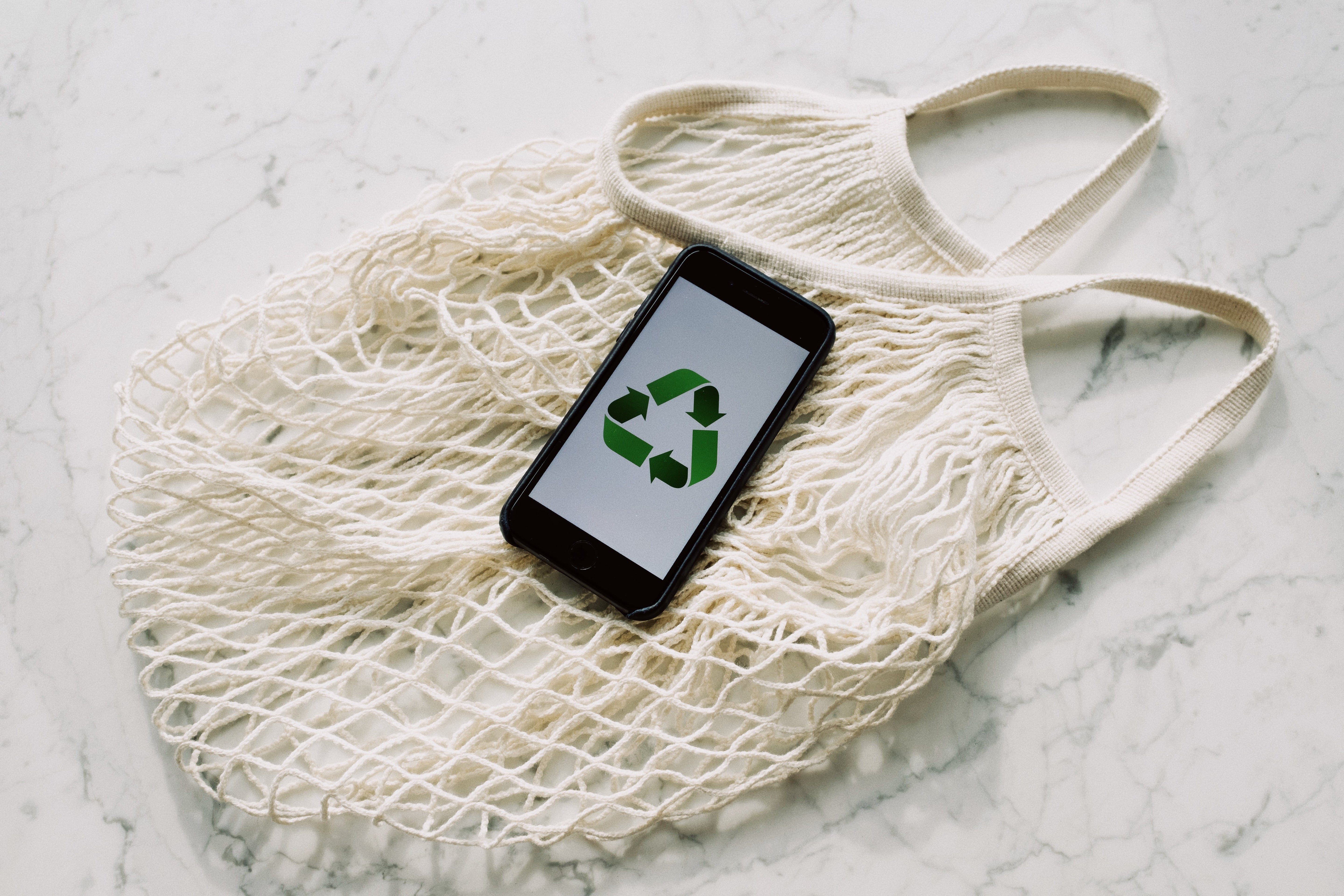Eco-Savings: How to Protect the Planet and Your Wallet

In the spirit of blending eco-consciousness with personal finance management, this article delves into practical ways to enhance both your green footprint and your wallet's weight. The journey towards a more sustainable and financially savvy lifestyle doesn't require monumental changes; often, it's the small, daily decisions that add up to significant impacts.
Embrace the Trio: Reduce, Reuse, Recycle Reducing consumption is the first step towards a leaner lifestyle. Simple actions like minimizing water and electricity use, or choosing products with less packaging, directly translate to lower bills. The mantra of reusing invites creativity—think repurposing items, opting for second-hand treasures, and choosing durability over disposability, all of which not only save money but also reduce waste. Recycling, while the last resort, can turn would-be trash into treasures, sometimes even offering financial returns.
Energy Efficiency: A Bright Idea Consider the long-term savings that come with energy-efficient appliances, LED lighting, and smart thermostats. These investments pay off not only in reduced energy bills but also in contributing to a healthier planet. Solar panels, though an upfront investment, can drastically cut electricity costs and might qualify you for enticing tax credits.
Transportation: The Road Less Polluted Rethink your commute by comparing the costs and benefits of driving, public transportation, biking, and walking. More sustainable modes of transport not only help the environment but can also be kinder to your budget. Fuel-saving practices and carpooling are additional ways to cut costs and reduce your carbon footprint.
Diet: Plant-Powered Savings A shift towards a plant-based diet is not just a boon for your health and the planet; it's also a strategy for grocery bill reduction. Incorporating home-grown vegetables and buying local, seasonal produce further diminishes food costs, making sustainable eating a delicious and budget-friendly endeavor.
Water Wisdom: Flowing with Savings Water conservation efforts like installing low-flow fixtures and fixing leaks can significantly lower monthly water bills. Moreover, collecting rainwater for garden irrigation is an excellent way to maintain lush landscapes without tapping into municipal supplies.
Minimalism: Less Is More At the heart of sustainable living lies the concept of minimalism—focusing on what you truly need reduces overall consumption and, by extension, expenses. This lifestyle not only declutters your space and mind but also aligns your spending with your values, leading to more intentional and environmentally friendly choices.
Resourceful Living: A Path Forward By integrating these strategies into your daily life, you embark on a path that respects both the planet and your pocket. Sustainable living in harmony with personal finance is not just possible; it's a fulfilling way to contribute to a healthier world while securing your financial future.
For those looking to deepen their commitment to this lifestyle, engaging with organizations like the Environmental Protection Agency (EPA), World Wildlife Fund (WWF), National Resources Defense Council (NRDC), and The Sierra Club can offer further insights and opportunities for involvement. These entities provide valuable resources for anyone eager to make a difference in both environmental conservation and personal financial health.













